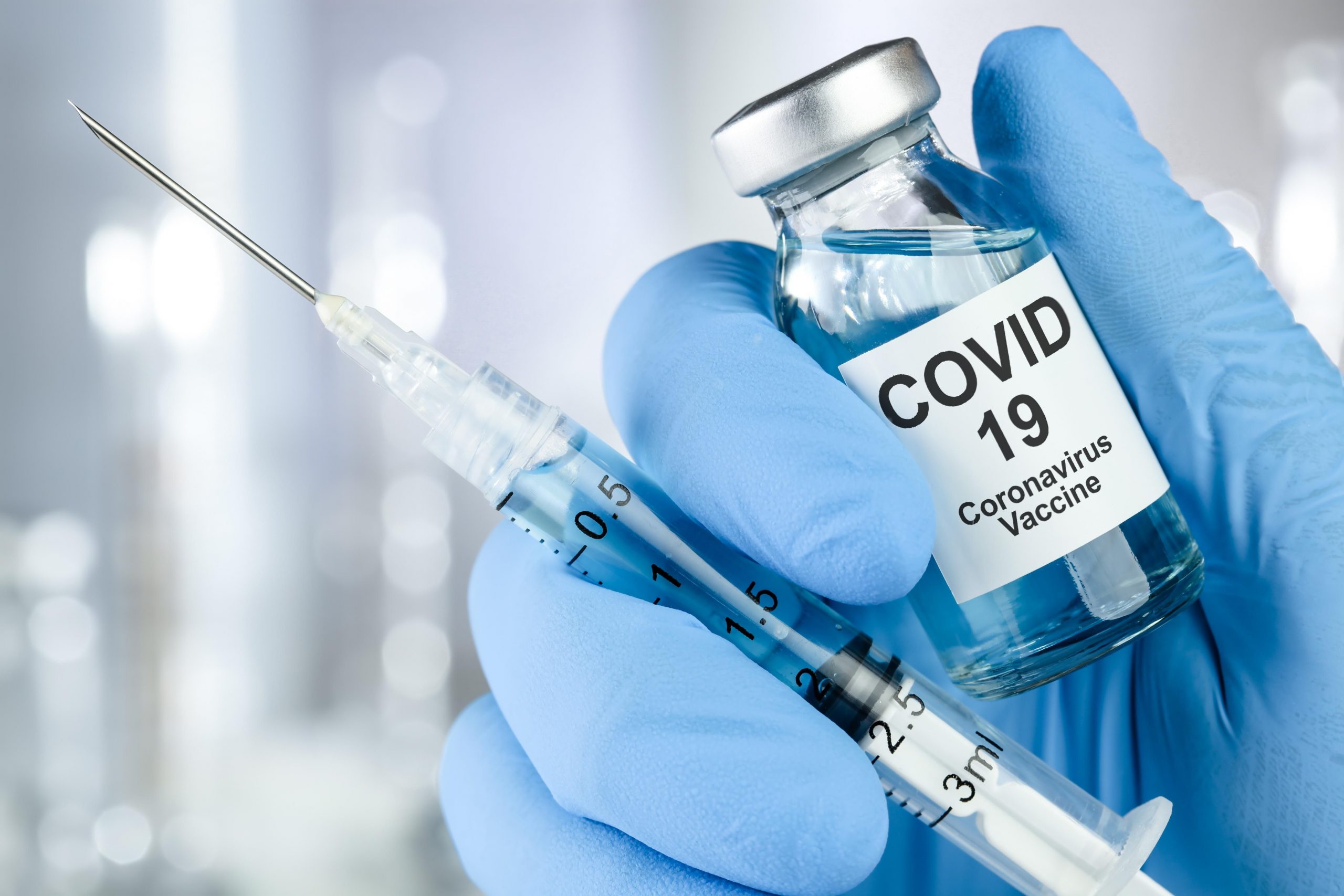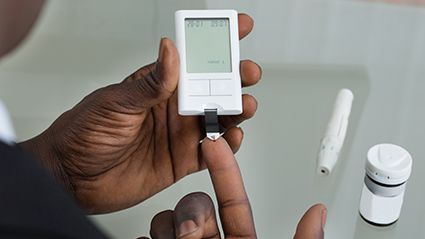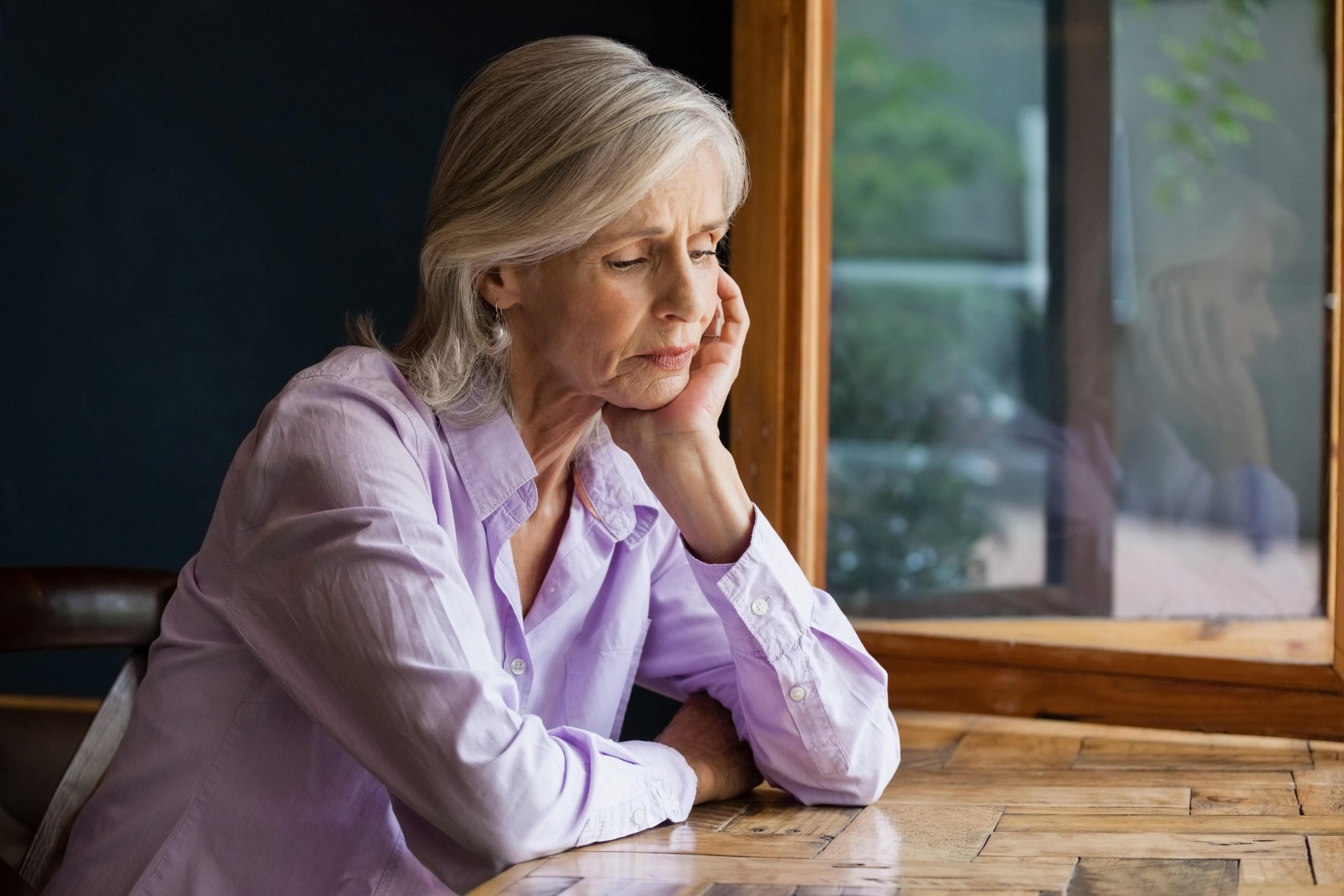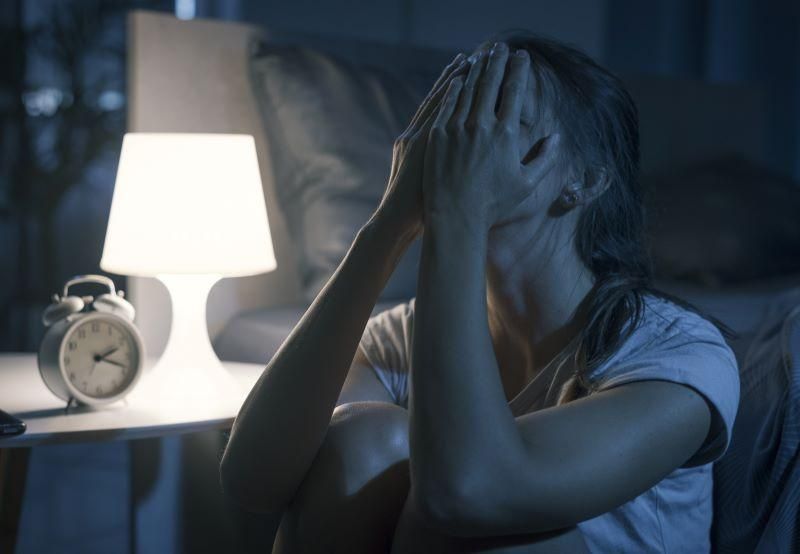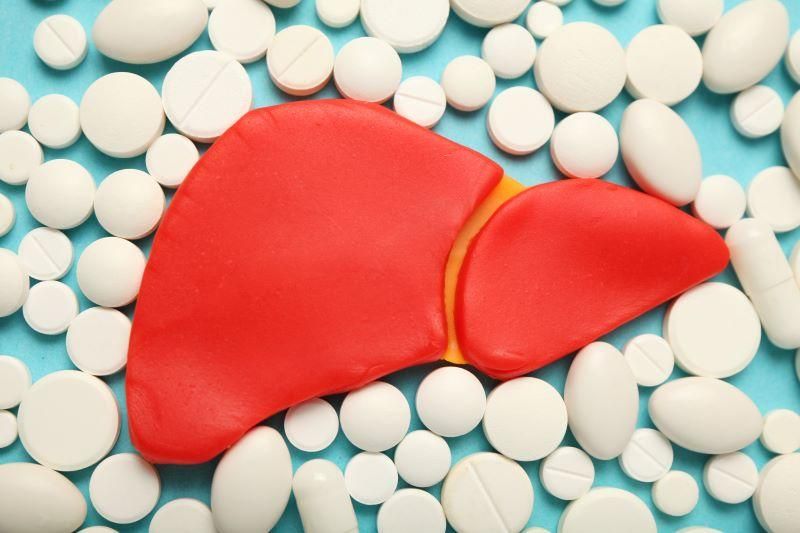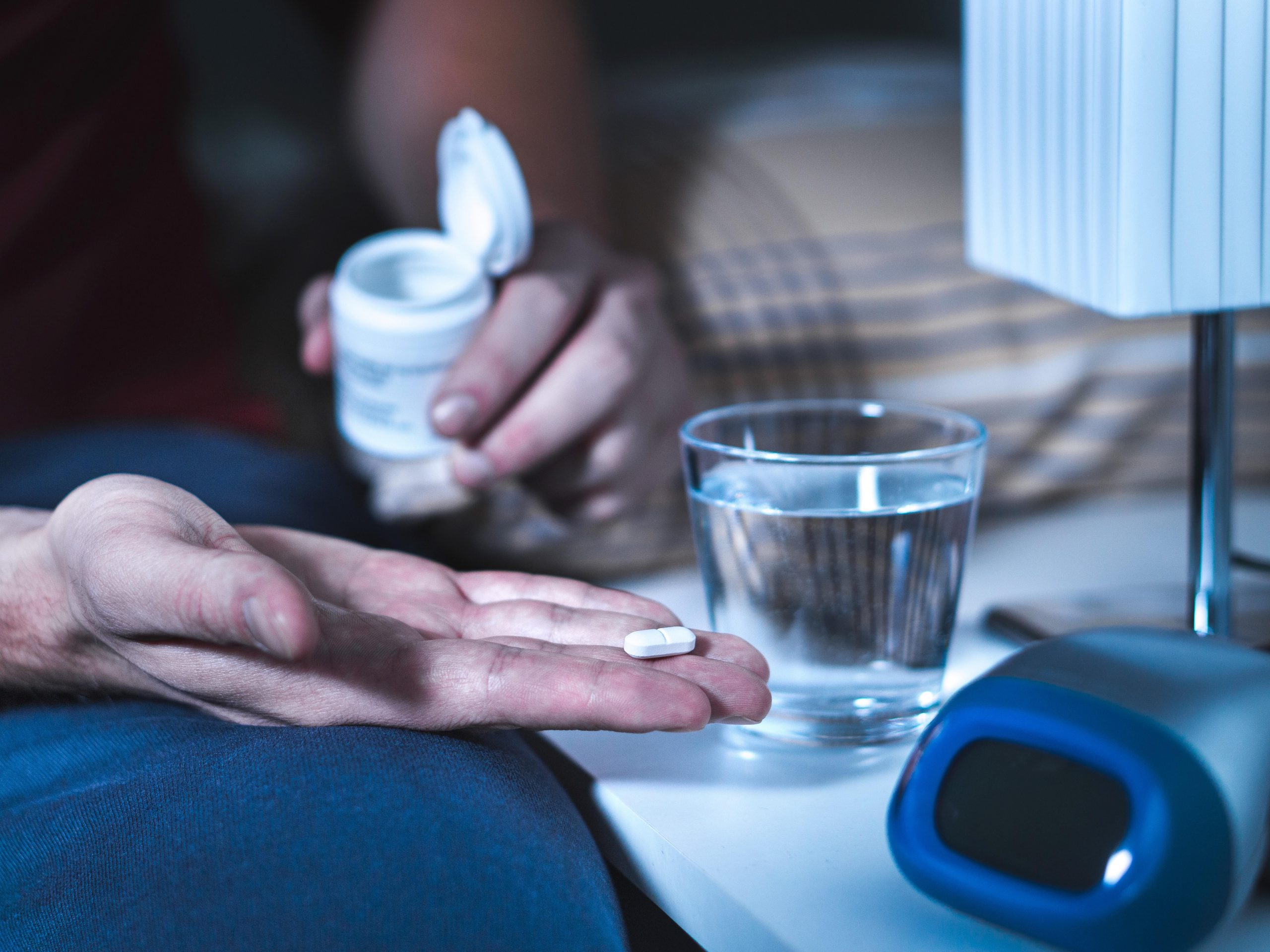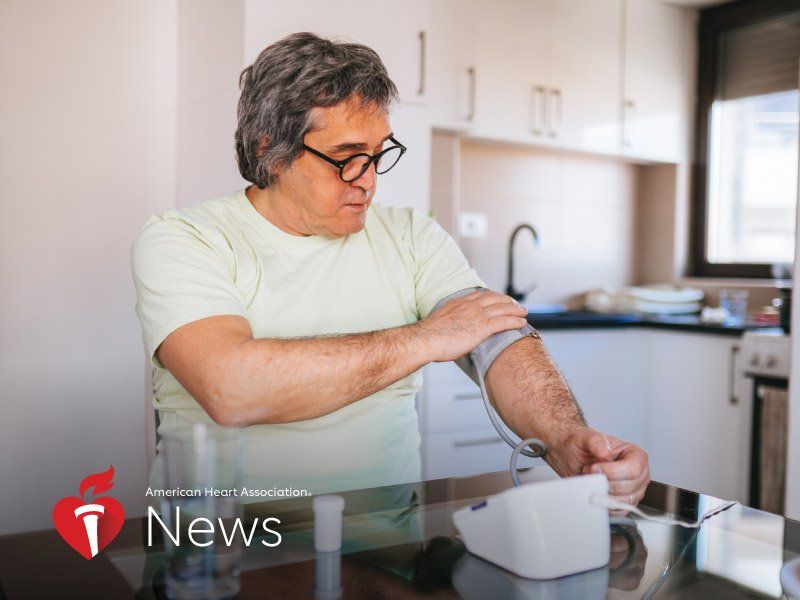
Elderly adults who eat plenty of leafy green vegetables, fish and other healthy fare may take years off their “brain age,” a new study suggests. Researchers found that seniors with either of two healthy eating patterns — the Mediterranean and MIND diets — showed fewer brain “plaques,” abnormal protein clumps that are a hallmark of… read on > read on >










